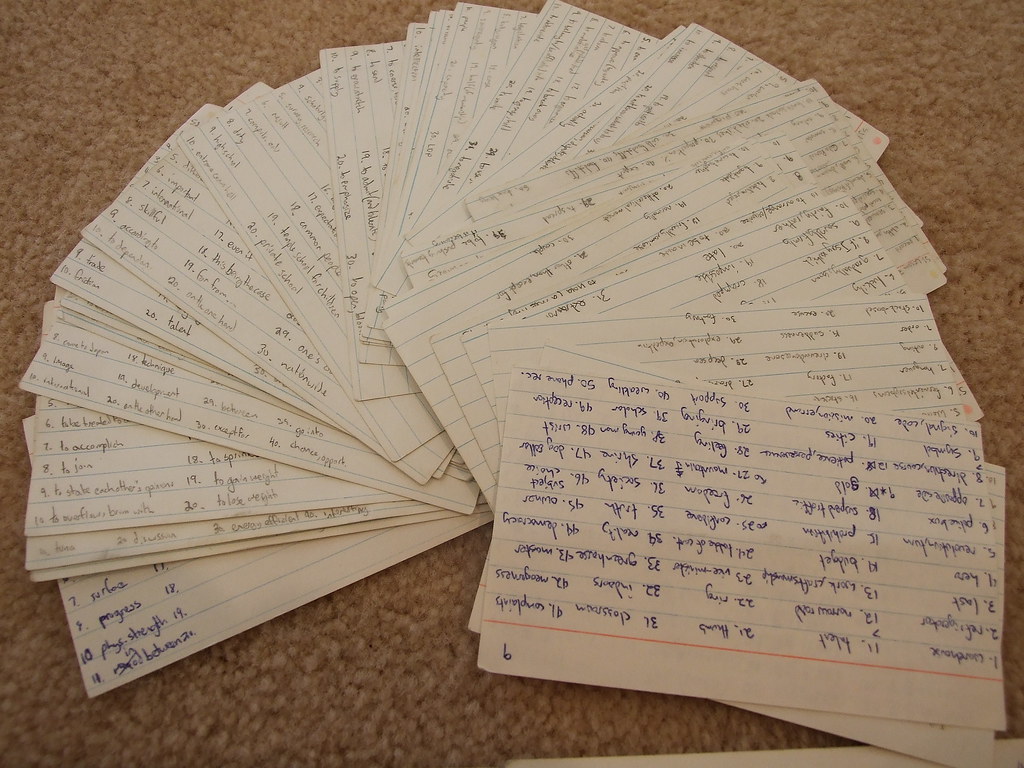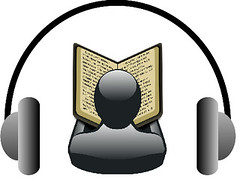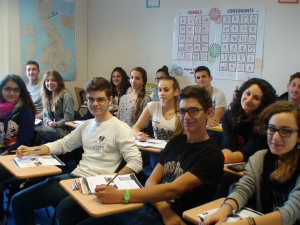First impressions. It’s a topic that is explored by a number of course books at a variety of levels and it is often interesting how different people contextualise it. Most people think of a professional environment – such as a job interview or starting a new job. This is not always the case.

“I made a bad impression when I met my boyfriend’s family.”
Having spent time with this particular student, I found it difficult to comprehend that such a positive person would make anything less than an exemplary first impression. So I asked her how. The answer is not too surprising. There was a discussion between her and one of the members of her boyfriend’s family and she translated a Spanish phrase into literal English where the meaning was the opposite of what was intended.
‘Está bien si yo no te caigo bien‘ she said, which translates (literally) to ‘It’s ok if I don’t like you’ but what it actually means is ‘It’s ok if you don’t like me.’ A small difference, but one which drastically changes the meaning. Needless to say, the conversation went downhill after that.
It got me thinking about other situations where there could be a potentially catastrophic misunderstanding. One of the most common culprits are False Cognates (false friends) and they can lead to some difficult situations. Here are some that have appeared in class:
Spanish

One the student’s friends was embarazada, but she wasn’t ’embarrassed’ by anything. In fact, she was pregnant. I asked her if she had recently bought a new carpet and she said yes, and pulled out her carpeta – which turned out to be a ‘folder’.
German

We learnt about a brav friend of one of our students. We asked her why she was brave, and she told us that was wasn’t, she was ‘honest’. We asked her if she ever gave her friend a present, or a gift, and she was shocked! She wanted to know why she should ‘poison’ her friend.
Italian

One student remarked how his friend was very educato, so we asked if he had a PhD. It turns out that he left school early but was very ‘polite’. He had some dry skin on his wrist and another student asked him if he wanted some moisturizing ‘cream’. He laughed, wondering why he was offered crema (custard) for his skin.
French

At the end of class, we were told to have a bonne journée, but we weren’t going on a journey. We were just told to have a nice day. One of the other students remarked that he was going to have a grand day, which caused confusion. Why was his day big?
To recap:
| Original Word | English False Cognate | Meaning |
| embarazada (Spanish) | embarrassed/ashamed | pregnant |
| carpeta (Spanish) | carpet/rug | folder |
| brav (German) | brave/courageous | honest |
| gift (German) | gift/present | poison |
| educato (Italian) | educated/schooled | polite |
| crema (Italian) | cream/ointment | custard |
| journée (French) | journey/trip | day |
| grand (French) | grand/expensive | big |































